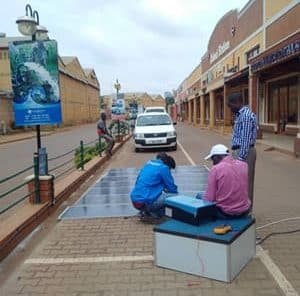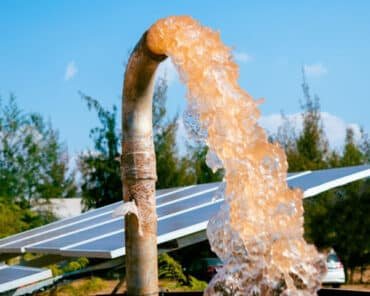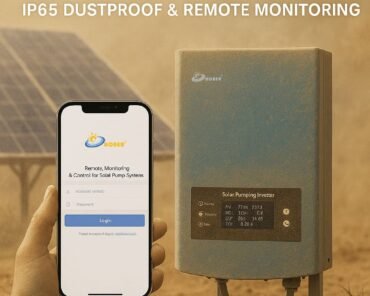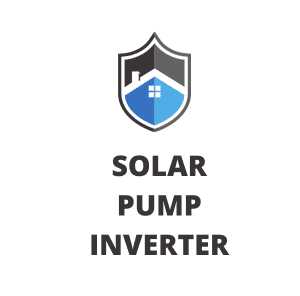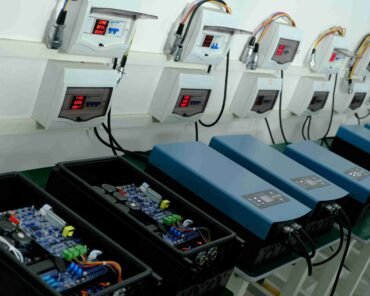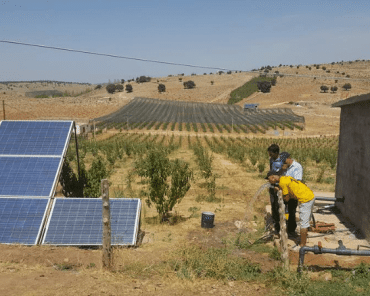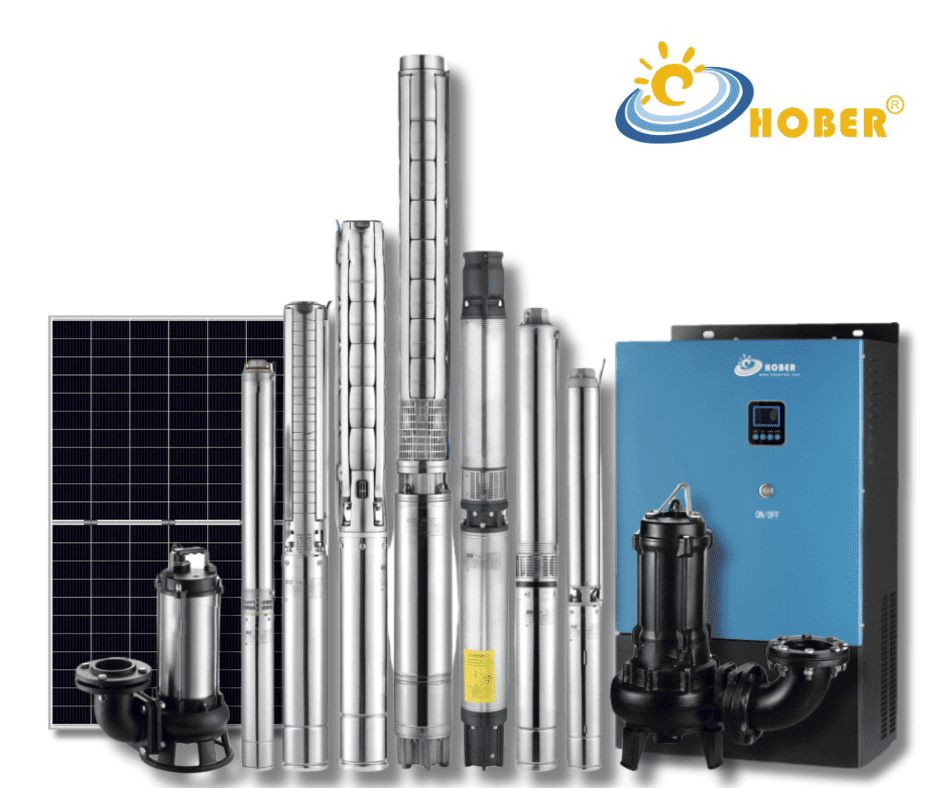Introduction
In South America and Africa, where sustainable agriculture and renewable energy intersect, solar inverters for PV pumps have emerged as pivotal solutions. These devices address region-specific challenges like water scarcity and high energy costs while promoting eco-friendly growth through efficient irrigation and water management.

Key Overview
Solar inverters for PV pumps convert solar energy into electricity to power water pumps used for irrigation and water supply. With features like remote monitoring, high efficiency, and the ability to operate in extreme climates, they are essential for sustainable development in South America and Africa.
Market Size and Growth
The global solar PV inverter market is projected to grow from $16.3 billion in 2024 to $35.4 billion by 2033, with a compound annual growth rate (CAGR) of 10.2%. In South America and Africa, the increasing demand for efficient irrigation systems and renewable energy solutions is driving rapid growth in the PV pump inverter sector.
Future Technology Trends
Smart solar inverters represent the future of renewable energy. Equipped with features like remote monitoring, real-time data logging, and compatibility with emerging technologies, they ensure long-term efficiency. Additionally, their ability to withstand high temperatures makes them ideal for use in the hot climates of Africa and South America.

Leading Industry Players
Global leaders such as SMA Solar Technology, Huawei, and Schneider Electric dominate the solar inverter market. Meanwhile, innovative companies like Hober are making a name for themselves by offering specialized solutions for PV pump systems, particularly in the agricultural sector.
Differences Between Solar Pump Inverters and Standard Solar Inverters
Solar pump inverters are specifically designed for water supply and irrigation, offering greater efficiency under variable loads. Unlike standard solar inverters, they incorporate advanced features like 24/7 monitoring, making them indispensable for agriculture and effective water management.
Opportunities in South America
South America’s agricultural sector faces challenges such as water shortages, irregular rainfall, and high energy costs. Solar PV pump systems provide an economical and sustainable solution by leveraging abundant sunlight to power irrigation systems, reducing costs and improving water efficiency.
Transforming Agriculture in Africa
In Africa, where agriculture is the backbone of the economy, effective water management is critical. Solar inverters for PV pumps play a vital role in providing reliable groundwater extraction and irrigation in off-grid areas. For instance, farmers in Kenya and Nigeria have reported significant cost savings and increased crop yields after adopting solar-powered irrigation systems.
Why Hober Solar Pump Inverters Are Ideal for These Regions
Hober solar pump inverters stand out for their ability to meet the diverse needs of South America and Africa. Key features include:
- Fully automatic, plug-and-play design, requiring no programming for installation.
- 24/7 operation, with a display showing real-time voltage, current, frequency, and power readings.
- Built-in data logger, enabling efficient system monitoring and issue tracking.
- Remote monitoring and control, simplifying operations for users.
- IP65-rated outdoor protection, ensuring durability in various environments.
- High-temperature tolerance, operating seamlessly in conditions up to 60°C.
- Comprehensive system protection, extending lifespan and minimizing maintenance costs.

Conclusion
Solar inverters for PV pumps are not just renewable energy solutions—they are catalysts for agricultural growth in South America and Africa. With cutting-edge technology from brands like Hober, stakeholders can achieve efficient irrigation, water management, and eco-friendly farming practices. Investing in solar-powered solutions ensures a sustainable future for agriculture in these regions.

